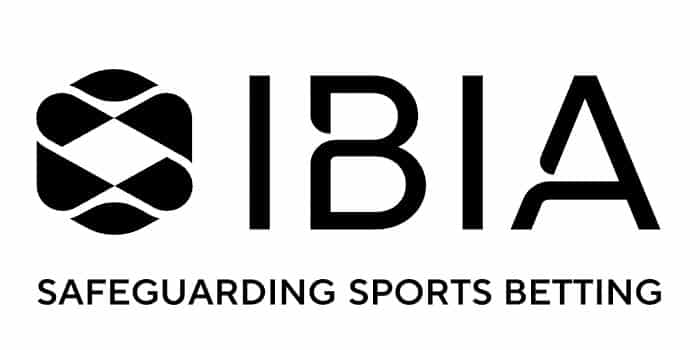Fact-checked by Angel Hristov
Study Finds 5% of Non-Profit Domains Are Associated with Gambling
Jim Yan said that this proportion puts the effectiveness of the current domain validation progress into question

A recent study has suggested that as many as 5% of all non-profit organizations and entity domains could be associated with gambling. This could lead to a decline in public trust in domains such as .ngo and .ong.
A Concerning Number of Domains Seem Related to Gaming
The research in question was conducted by Jim Yan who examined .ngo and .ong top-level domains, which were originally launched in 2015. According to the study, they represented something “groundbreaking” since they validated an organization’s non-governmental status.
However, some 10 years later, this trust in such domains might be “eroding in ways that would surprise even the most cynical observers.” This is due to the fact that roughly one in twenty such domains now seem to be associated with online gambling.
Jim Yan examined zone files from ICANN’s Centralized Zone Data Service (CZDS) and took a look at the 9,193 .ngo/.ong domains currently registered. As it turned out, a staggering 471, or approximately 5% of all domains were reserved by online gambling entities. Jim Yan said that this distribution puts the effectiveness of the current validation progress into question.
However, Jim Yan noted that this analysis is a “preliminary examination” and not a peer-reviewed study. Since the findings are based on keyword identification, some of the websites believed to be associated with gambling might be false alerts. Despite that, the early findings still raise certain concerns that deserve to be reviewed and analyzed in-depth.
The Study Examined Specific Keywords Usually Used by Casinos
As mentioned, Jim Yan leveraged keyword identification to find suspicious .ngo and .ong domains. As a result, the study focused on identifying websites that contained keywords and numbers usually associated with gambling operators.
Some of these keywords included 88, 68, 33, bet, win, vip, casino, and poker.
It should be mentioned that some of the restrictions related to the verification of .ngo and .ong domains were relaxed in the past few years. However, the Public Interest Registry (PIR) is reportedly monitoring the situation and considering new restrictions to prevent such domains from being exploited.
Although Fiona doesn't have a long-spanning background within the gambling industry, she is an incredibly skilled journalist who has built a strong interest in the constantly growing iGaming network. The team at Gambling News is glad to have her on our roster to help deliver the best stories as soon as they hit. Aside from writing, she loves to dabble in online casino games such as slots and roulette, both for her own enjoyment and also as research to better improve her understanding of the industry.

















